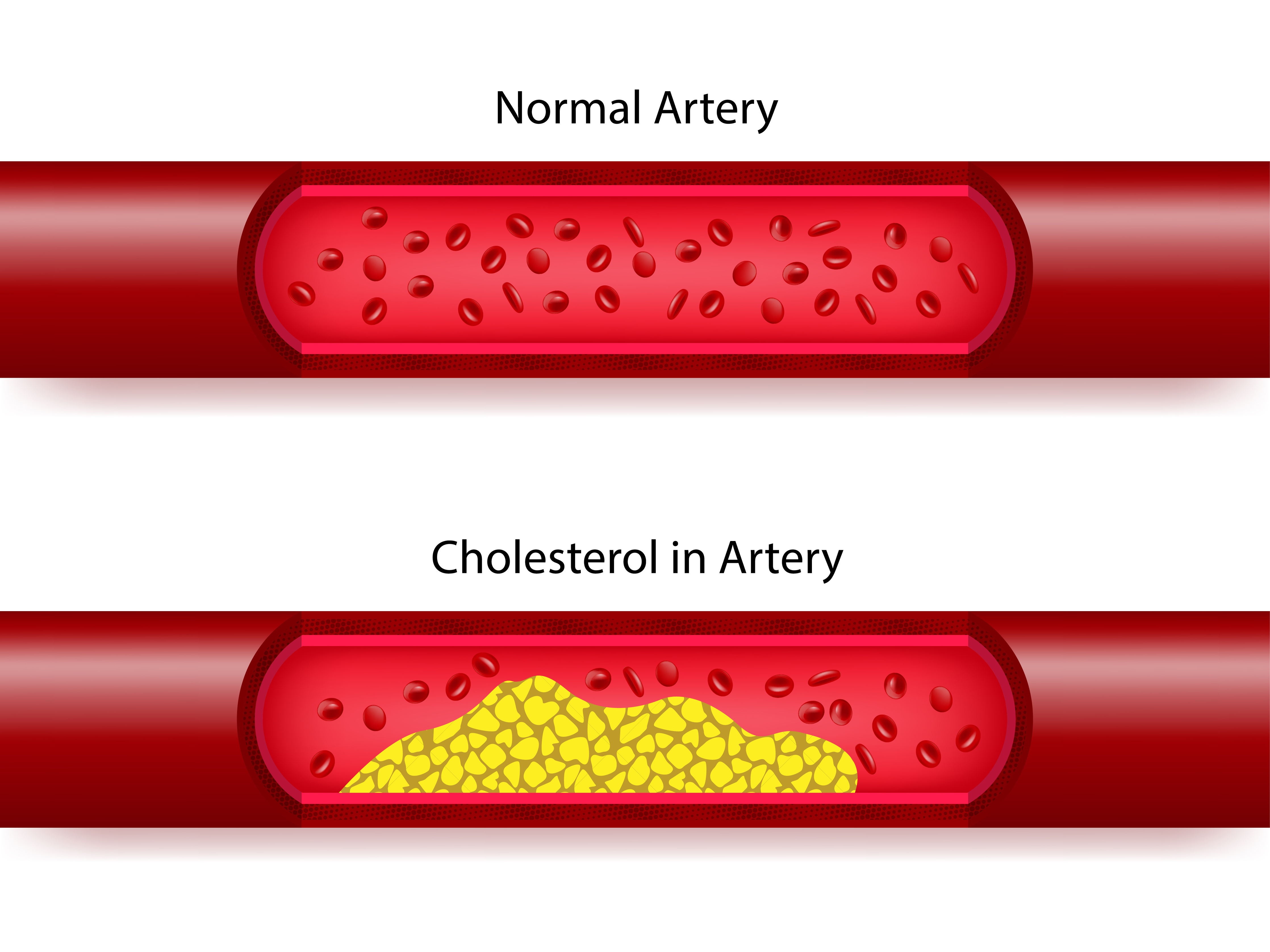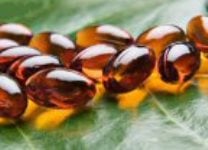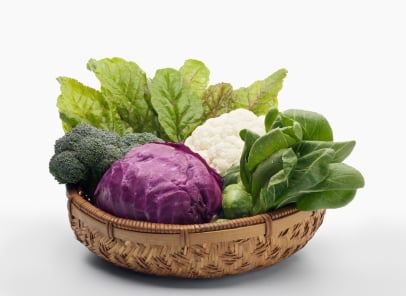What is LDL and Why is it Called the "Bad" Cholesterol?
LDL, “bad” cholesterol, or low-density lipoprotein (LDL) gets a bad rap as a risk factor for atherosclerosis and increasing the risks of heart attacks and stroke, which together are the number one cause of death. LDL may serve some useful functions and it should be understood physiologically instead of indicting it as “bad” and blindly taking potentially harmful medications to lower it.[1] LDL is simply oxidized fat, like rancid olive oil or butter left out of the refrigerator too long. LDL and rancid fat acquire oxygen molecules and become less dense when the fluffy gas molecules (oxygen) attaches itself to the fat molecules, much as dense wood becomes less dense, left-over, dusty ashes in a fireplace after wood is burned or oxidized. When oxidized fat proceeds to flow through our blood vessels, burning and oxidizing its way, too much of it may proceed to light little fires, like taking tiny blow torches to the inside of our arteries. The damage caused by this “oxidative stress,” is sealed over by plaque in a repair process, which is usually composed of a hodgepodge of clot, fat and calcium. If a lot of repair plaque builds up, one may be diagnosed with atherosclerosis, arteriosclerosis or coronary heart disease. No wonder doctors prescribe medications to lower LDL.
The Dangers of Plaque Build-up
Read More.png?width=305&height=132&name=NIHAlogoBLUE_3_transparent%20(2).png)






